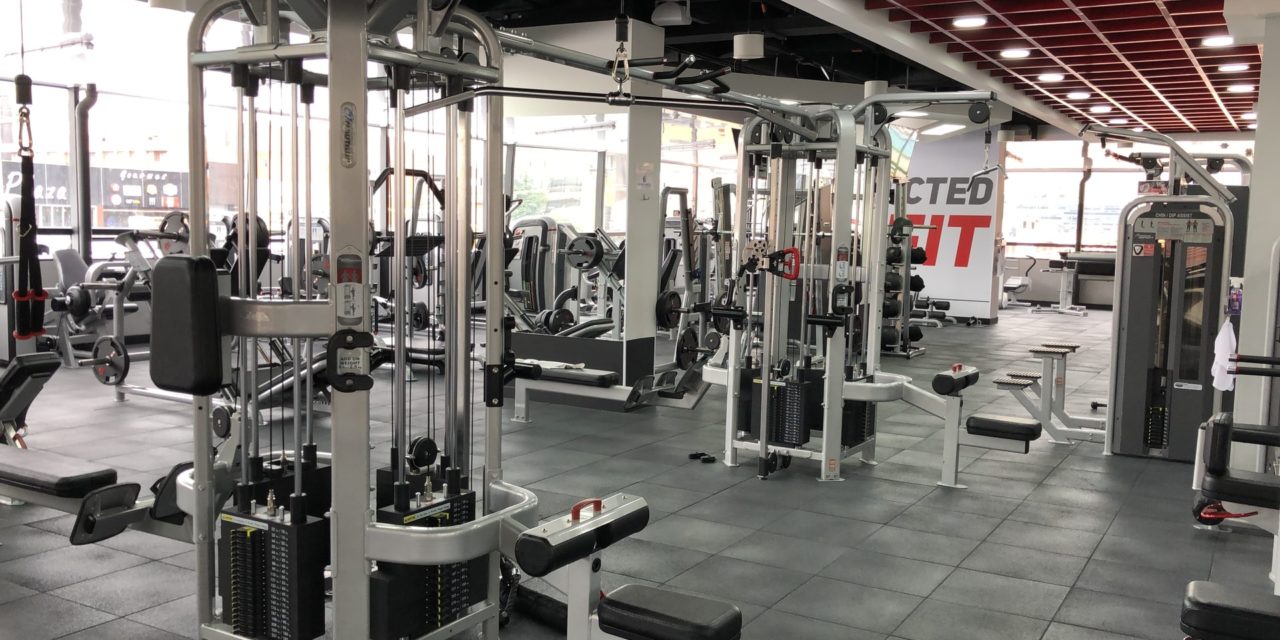[ad_1]
What is the meaning of physical distractions? Physical distractions are the bodily things that get in the way of communication Distractions such as background noise, poor lighting, uncomfortable sitting, unhygienic room, or an environment that is too hot or cold can affect people's morale and concentration, which in turn interfere with effective communication.
DISTRACTIONS IN EVERY ASPECT OF LIFE
There can be physical distractions in every sphere of life. Distractions can be observed and seen through the following:
1. IN THE CAR: While distracted driving can be attributed to anything that diverts attention away from the road, it is often the cell phone that receives the blame for distracted driving incidents. Studies have shown that cell phone usage while driving has striking similarities to the effects of drinking while driving; Cell phones tend to take the driver's attention away from the road and onto itself. With drunk driving, drivers often experience the “looking but not seeing” phenomena. While their eyes do indeed view objects on the road, their brains do not comprehend the meaning behind the image. All levels of distraction while driving are dangerous, and potential drivers are cautioned to keep awareness of their surroundings.
2. IN THE CLASSROOM BY THE STUDENTS: School-aged students, with developing brains, are more apt to conflicting stimuli while trying to focus. Large classroom sizes, technology use in and outside the classroom, and less natural stimuli have been seen as contributing factors to deflating test scores and classroom participation.
3. IN THE WORK PLACE: could also be considered as distraction in situations requiring full attention on a single object (e.g., sports, academic tests, performance). The issue of distraction in the workplace is studied in interruption.
4. IN FRICTION: distraction is often used as a source of comedy, whether the amusement comes from the gullibility of those distracted or the strangeness of whatever is utilized to create the distraction. Examples of comedic distraction, also called comic relief.
5. IN MEDICINE: Distraction is useful in the management of pain and anxiety. Dentists, for example may intentionally hum an annoying tune or engage in small talk just to create a diversion from the dental surgery process. Topical ointments containing capsaicin provide a superficial burning sensation that can momentarily distract a patient's attention away from the more serious pain of arthritis or muscle strain. A similar effect is made by oil which produces a burning sensation on the gums, and distracts from toothache.
6. IN CRIME: Armed robbers may create a distraction after their robbery, such as pulling a fire alarm, to create confusion and aid in their getaway. In a more serious case of crime, the victims might be hurt or even killed in this horror scenario.
[ad_2]
Source by Martin Hahn






